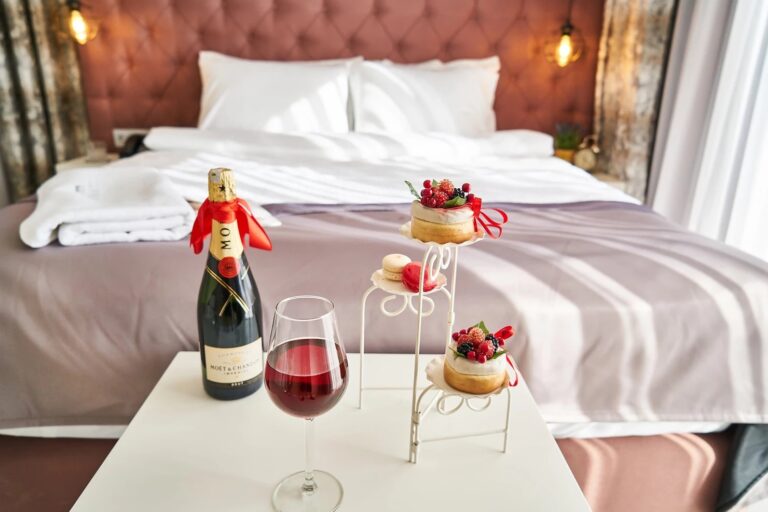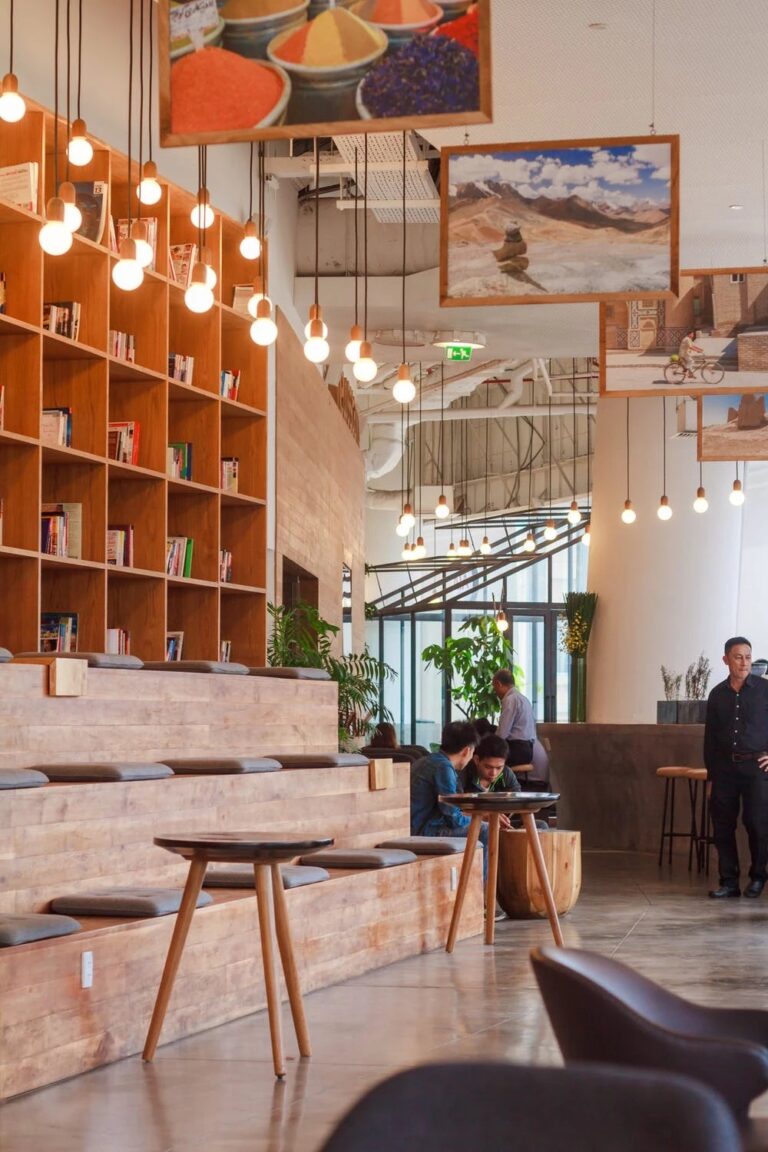It’s no news that travellers these days are so used to constantly being on the move and on their phones. Whether they are on a holiday or a work trip, they expect their hotel services to be efficient and readily available when they demand it. So it comes as no surprise that many hotels are looking to extend essential hospitality functions to mobile devices to improve guest satisfaction.
Ultima Asia Technology highlights essential mobile solutions that have become the new industry standard:
Hotel Rewards & Loyalty App
Large hotel chains such as Marriott have already come up with a rewards and loyalty app of their own. With the ability to book a room of the guest’s choice at any of the chain’s hotels, users can unlock exclusive discounts, earn points, redeem free stays, and also receive extra perks through the app. Some even go as far as allowing guests to select the exact room they’d like to stay in. Such apps incentivise guests to book through the same platform, encouraging guests to be loyal to the hotel chain.

Rewards and loyalty apps can also include mobile check-in, concierge, or keyless entry functions, among others.
Mobile Concierge
There’s no need to pick up the phone to call concierge anymore, although that feature has been made available on hotel mobile apps to give guests flexibility. Through apps, guests can contact hotel staff through chat, order room service even before they arrive, request extra pillows, request a shoeshine, ask for directions and see the weather forecast. To take it up a notch, hotel staff can also recommend events, shops and local attractions and send guests tour packages or F&B offers if they seem interested.
One great example is Hyatt’s reward program, the World of Hyatt mobile app, which allows guests to make restaurant reservations and order an Uber. All in all, a basic mobile concierge app should include 24/7 communication with concierge staff, reservations to all of the property’s amenities, from spa sessions to wake-up call requests, and secure payment services.
Mobile Check-in
Many apps such as the Ritz-Carlton Hotels & Resorts app now include mobile check-in to reduce wait times and ease the guest into their hotel stay seamlessly.
The role of the front-desk agent is now changing, thanks to the implementation of mobile check-in. Evolving from a purely administrative position, front-desk staff can now focus on creating a superb guest experience by engaging in conversations with guests about their plans and tailoring recommendations and offers to their needs.
Also, by reducing lines at check-in and reducing the space needed at the front desk, hotel lobbies are being redesigned into spaces that can increase the property’s revenue or elevate the hotel’s brand. The lobby could host artwork displays, pop-up shops, or be redesigned into a co-working space or lounge, which adds even more to the guests’ tech-enhanced stay experience.

Mobile Keycards/Keyless Entry
In an interview, Dana Shefsky, director of digital product innovation at Hilton, noted “that a third of travelers admit to losing keycards.” There’s also the problem of demagnetisation and disposal once they’re no longer usable. While plastic keycards are relatively cheap, reducing their use will have a positive impact towards’ hotels chains’ commitment to go green.
Beginning in 2014, big hotel chains tested Bluetooth-enabled keyless entry. Now considered one of the first successful tech adaptations in the industry, keyless entry apps, which interacts with a cloud-based property management system, offers more security as the mobile room key is encrypted and not transferable to other devices or other rooms.
Marriott and Hilton have both made the switch to keyless entry. As Shefsky explained, automating or leaving processes such as choosing rooms and issuing keys in the guests’ hands also allows the staff at Hilton “to have more personal and less transactional interaction with guests.”
Mobile PMS
While the solutions discussed above are mainly customer-facing, this last one is reserved for your hotel staff. Modern property management systems like Opera Cloud PMS can be installed on mobile devices so your staff can manage tasks on-the-go, view room status, guest profiles and real-time information, and access cross-department messages.
With a user-friendly interface, hotels can benefit from minimal disruption from the simplified training process and quick installation, as the mobile PMS operates on the cloud. Updates and integrations are also made easy so that your property or chain can catch up to future technological advancements.
A mobile property management system has the potential to increase housekeeping efficiency and flexibility in responding to guest requests. Moreover, by freeing up front desk and concierge staff, they can also engage better with guests, improving guest service and revenue.